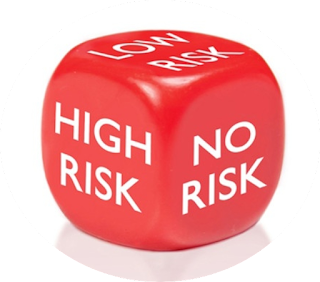Uninsurable Risk
Uninsurable Risk
Risk describes the likelihood of certain events happening. Insurance is designed to provide coverage for events that are unlikely (in terms of their occurrence, their premature/untimely nature or their intensity), instead of things that are highly likely to happen. A risk considered predictable in nature is a risk an insurer is unlikely to cover.
An uninsurable risk are insurable but not accepted for insurance due to excessive risk of loss. For example, this may be where an event is inevitable (such as a terminally-ill person's death), gradual (such as rust or corrosion) or against the law.
A life insurance coverage to a 100 year old man. There is no way the insurance company could collect enough premiums in such a short time to offset the amount paid out. Accepting this applicant would mean burdening the pool of other insureds and drive premiums up for everyone else.
An uninsurable risk could include a situation in which insurance is against the law, such as coverage for criminal penalties. An uninsurable risk can be an event that's too likely to occur, such as a hurricane or flood, in an area where those disasters are frequent.
Ahealth insurance applicant who has terminal cancer. The likelihood that is insurance company would have to pay is 100% and healthcare costs are expected to be very high. With no way to collect enough premiums to offset those high healthcare costs and still turn a profit, there is no choice but to decline this applicant as an uninsurable risk.
Note that the top five uninsurable risk are; Reputational Risk, regulatory risk, trade secret risk, political risk and pandemic risk.
When a risk is uninsurable, a company either restructures its business to avoid the risk or creates a reserve to cover any losses that may arise.
#benewinsurance #insurtech #inclusiveinsurance #insurance #reinsurance #takaful




Comments
Post a Comment
Thank you for making this valuable comment.